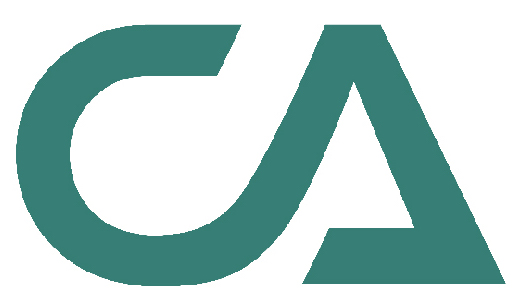Crenshaw Cameo: Dr. Kerry Sulkowicz on Psychological Safety

Crenshaw Associates
In our conversation with Dr. Kerry Sulkowicz, Senior Fellow and Advisory Board Member at Crenshaw Associates and Managing Principal of Boswell Group, Dr. Sulkowicz highlights the importance of the free flow of information for a high-functioning organization. “When talking with CEOs, one of the most common themes I hear them grappling with in their role is that their power, by the nature of their authority and organizational dynamics, is inhibiting the upward flow of information. Put in simple terms, CEOs need to know what is going on below them in the organization and how to open up the line of communication.”
However, creating the free flow of information is not an immediate process. It must be cultivated over time. It requires a leader’s commitment to establishing a culture of transparency. As Dr. Sulkowicz explains, “It behooves CEOs to think, all the time, about what they can do to mitigate the inhibiting effects of their role on people's freedom to speak openly and how to encourage and even reward candor.”
According to Harvard Business Review, two inhibiting factors for candor and transparency include fear of retaliation and the perception that well-founded concerns will go unaddressed. In ECI’s 2021 Global Business Ethics Survey, 79% of U.S. employees and 61% of global employees reported experiencing retaliation.
Creating an environment of psychological safety is one of the main pillars for creating a culture of candor and transparency. Dr. Sulkowicz adds, “Companies really need to have a low cost of candor to be effective, that, over time, can become embedded in the culture. But it must never be taken for granted and CEOs need to be vigilant about maintaining the freedom to be candid.
It then begs the question ‘What does it take to create these seemingly magical conditions of psychological safety?’ And it turns out they're not magical at all. There are actually some things that leaders can very deliberately do to create these conditions.” These safe psychological conditions include emotional vulnerability, humility, and learning.
Vulnerability, as Dr. Sulkowicz notes is “probably the most important ingredient…when the leader or leaders can make themselves a little bit more vulnerable emotionally.” Being emotionally vulnerable means accepting possibly uncomfortable and challenging conversations. By giving their teams opportunities to share their feedback and information without the fear of retaliation and with a true openness to their input, leaders can show that they are open to feedback and growth.
Humility allows a leader to set aside personal agendas and viewpoints to be more receptive to objective input. Dr. Sulkowicz cites a way for CEOs to express humility to team members is by “talking about when one has made a mistake or when one is unsure or doesn't know something.”
Learning and psychological safety are intertwined. “Being fundamentally curious about learning [can be] a very humble position to be in because the alternative is this kind of pathological certainty that some leaders display, which is a great way to shut down communication and curiosity.” A leader who is receptive to learning will allow their organization to be more candid about ideas and lessons learned.
When Emotional Vulnerability, Humility, and Learning are embraced and displayed by top leaders, the “power barrier” inherent in their role begins to break down and can lead to greater productivity and innovation for the company.

Sign up for newsletter, blog and article updates
Most Recent Articles

Effective Decision-Making in a VUCA Environment
How leaders facing evolving VUCA environments can optimize their decision-making and leadership approach to adapt,...
How leaders facing evolving VUCA environments can optimize their decision-making...



